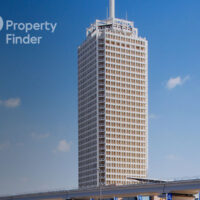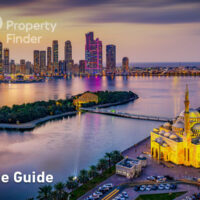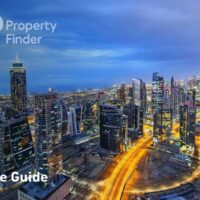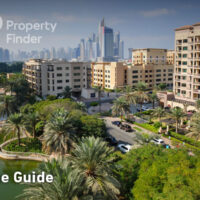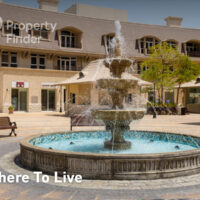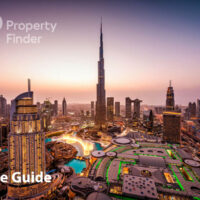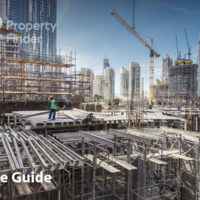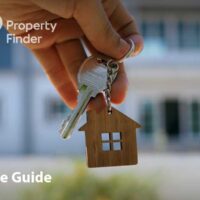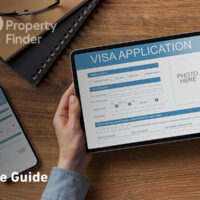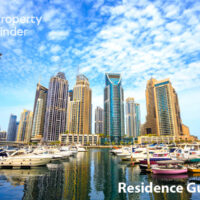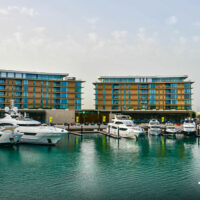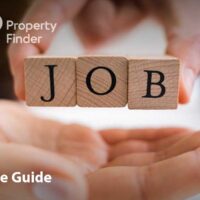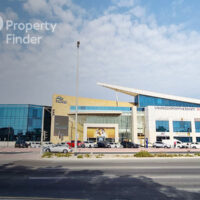Decision is the right step forward to stimulate foreign direct investment
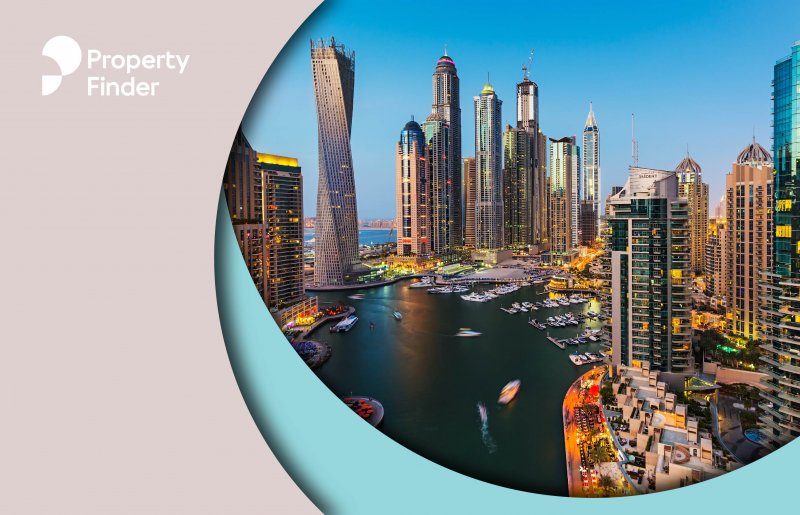
Around 6,800 people have been granted PR and a ‘Gold Card’ in the first round of applications.
The UAE’s move to grant permanent residency (PR) to wealthy investors and entrepreneurs is a good step forward and likely to boost the fortunes of its property market, says Property Finder, the MENA region’s leading real estate portal.
Around 6,800 people have been granted PR and a ‘Gold Card’ in the first round of applications. These residents have collectively pledged investments worth an estimated AED 100 billion.
This is a game changer for the real estate industry in Dubai. We are yet to get full details of the Gold Card programme, such as who can qualify, the terms, etc. However, it’s definitely a step in the right direction and very much needed to stimulate investment, especially foreign direct investment
Lynnette Abad, Director of Research and Data, Property Finder
Currently, short-term visas linked to employment hold back expats from investing and owning real estate in the UAE. They prefer to remit savings to their home countries instead. A PR system can change this transient mindset and expats will begin to make long-term investment goals, including owning a property.
With expatriates accounting for almost 80% of the UAE market, the PR programme, if properly implemented, would be a game changer for the real estate sector. It would have an immediate positive effect on market sentiment and aid in absorbing the supply scheduled to come to the market.
The UAE already offers long-term visas valid for five to 10 years to property investors, entrepreneurs, specialised talents and researchers, without the need for a local sponsor. A minimum investment of AED 5 million is needed to obtain a five-year visa, and double that amount is necessary for a decade-long visa.
- Full details and terms of the Gold Card are awaited
- A PR system can change expatriates’ transient mindset
- It will boost market sentiment and help in absorbing upcoming supply
The five-year retirement visa is also available for expatriates aged 55 or above against property investments worth at least Dh2 million.
A UAE federal agency said it has received around 6,000 applications from investors and entrepreneurs in the first week of taking in applications for long-term residency visas.
“Initiatives and new regulations like these are expected to have a positive impact on the real estate market in Dubai. The more the government offers to entice talent and companies, the easier it will be for them to settle here and call Dubai home. Then, the investment should follow suit,” adds Abad.
Developers also need to incentivise with unique schemes that offer some kind of permanence and value for money to attract investors in a competitive market. They must recognise the increase in freelance workers and the importance of fostering environments that support entrepreneurs.
Take the example of Emaar Properties which recently launched the Executive Residences in Dubai Hills Estate targeted at entrepreneurs and SMEs, which make up 80% of the Dubai economy. On paying 20% of the apartment’s sales price, buyers receive a free three-year renewable business license with the Dubai Multi Commodities Centre free zone, 100% business ownership and a free three-year renewable family residence visa. Buyers are encouraged to operate a home office in this concept, doing away with the need to lease office premises.
Until your apartment is complete, DMCC will provide you with a flexi desk to utilise as your business address in the interim.
The Dubai Land Department’s transactional data suggests that demand has been strong for the Executive Residences apartments. The months of April and May have seen almost 11 off-plan transactions for 1-bedroom apartments in this project, with the average property price for these units hovering around AED 1 million.
This is a first step in making operational costs for small startups more affordable. Announcing more such enabling projects could be a real catalyst for the UAE property market.



